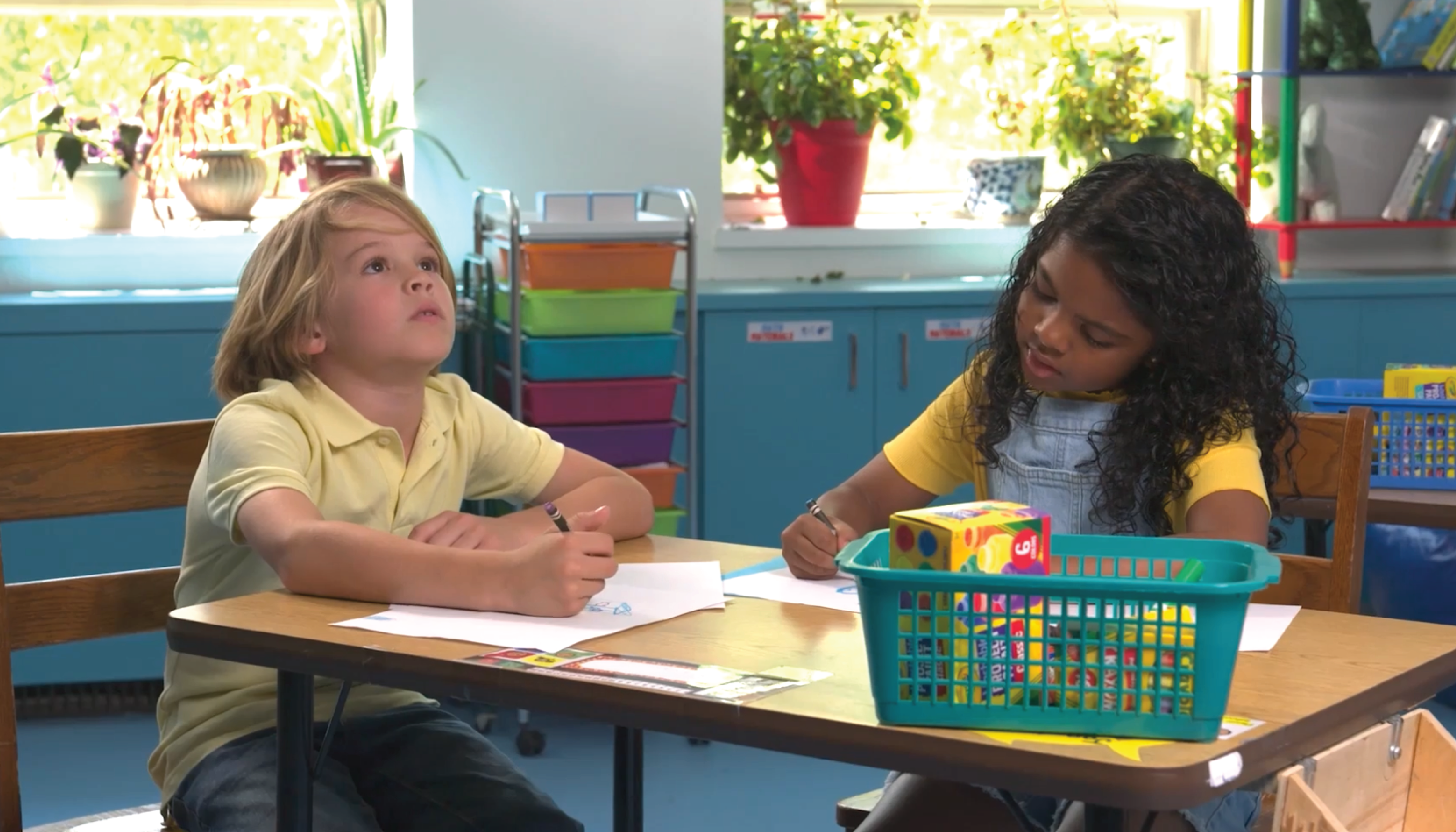
Introduction
Patience is an essential skill for students in special education settings. It helps them develop positive relationships, cope with challenges, and navigate social situations. In this blog post, we will discuss the importance of teaching patience, provide a no-prep activity for educators to use, list discussion questions to encourage deeper understanding, mention related skills, and share next steps to support ongoing skill development.
No-Prep Activity: The Patience Game
This simple activity requires no preparation or materials and encourages students to practice patience. Ask students to sit in a circle and select one student to be the “timer.” The timer will silently count down from a predetermined number (e.g., 30 seconds). The other students must remain quiet and wait patiently for the timer to finish counting. Once the timer reaches zero, they can signal the end of the countdown. The goal is for the group to remain silent and patient until the countdown is complete. Repeat the activity with different students as timers and adjust the countdown length to increase the challenge.
Discussion Questions
- Why is patience important in social situations and daily life?
- How does practicing patience help us in building positive relationships?
- What are some situations where it might be challenging to wait patiently? How can we handle these situations?
- How do you feel when you successfully practice patience? What about when you struggle with it?
- Can you think of a time when you had to be patient? How did you handle it? What strategies did you use?
Related Skills
Beyond patience, there are several other skills that contribute to students’ social-emotional development. These include:
- Self-awareness: Understanding one’s own emotions, strengths, and challenges.
- Self-regulation: Managing emotions and behaviors in different situations.
- Empathy: Recognizing and understanding the feelings of others.
- Active listening: Paying attention to and understanding what others are saying.
- Communication: Expressing oneself clearly and effectively in social situations.
Next Steps
Teaching patience is an ongoing process, and it’s essential to provide students with regular opportunities to practice and develop this skill. To access free samples of skill-building materials that support patience and other social-emotional learning skills, visit Everyday Speech’s sample materials page. These resources can help educators create engaging and effective lesson plans for their special education students.

